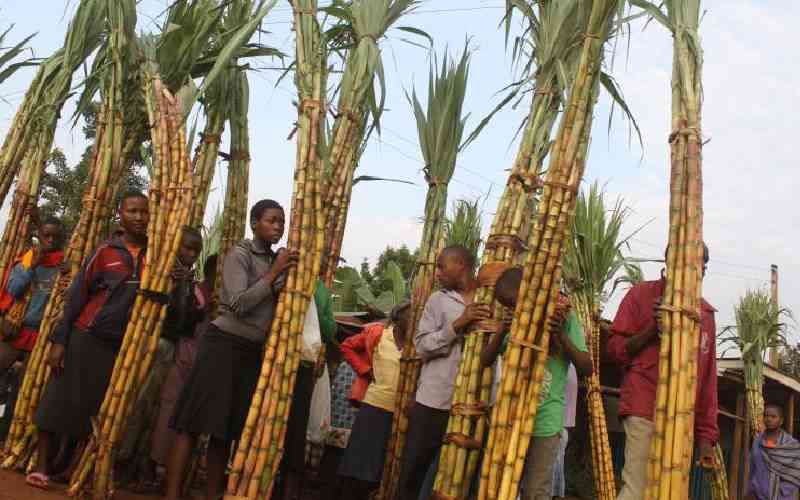×
The Standard e-Paper
Fearless, Trusted News

Sugarcane stakeholders are in talks to establish a pricing committee tasked with setting fair rates for the produce delivered by farmers to millers.
The move follows a deadlock between millers and farmers over pricing with some millers delaying payments to farmers for up to three weeks.